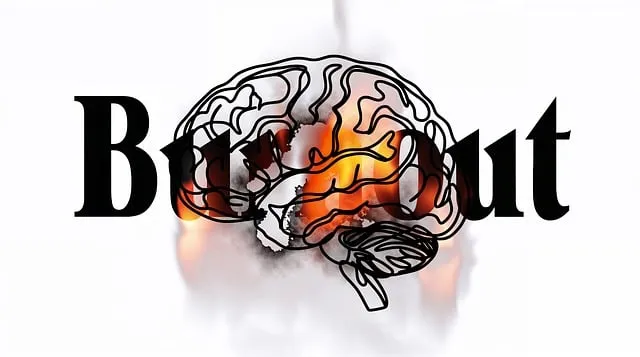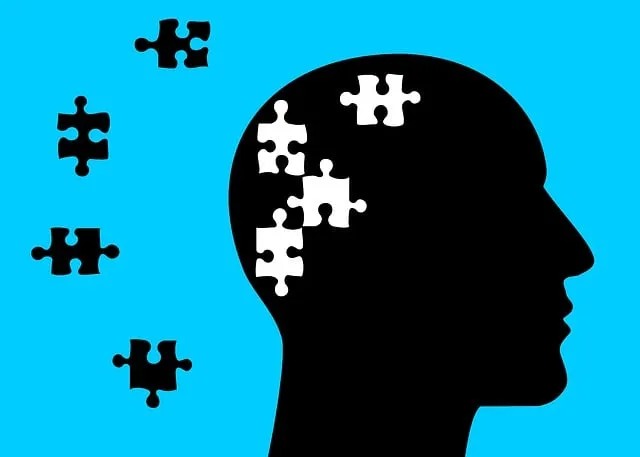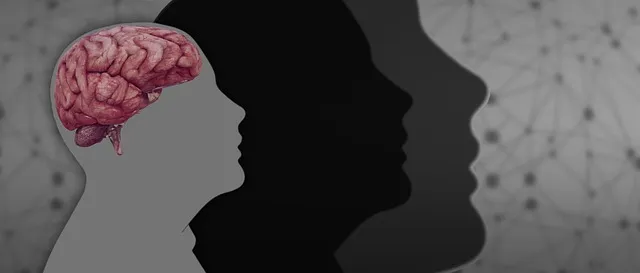Kaiser Permanente mental health center reviews Boulder highlight its innovative Crisis Intervention Team (CIT) training, focusing on holistic skills like de-escalation and self-care. This comprehensive approach enhances professional resilience, improves patient outcomes, and fosters a supportive work environment, as evidenced by top ratings in Kaiser Permanente mental health center reviews.
In today’s fast-paced world, effective crisis intervention is more crucial than ever. This article explores the vital role of Crisis Intervention Teams (CITs) in navigating turbulent situations. We begin by providing a basic guide to understanding CITs and their significance. Subsequently, we delve into Kaiser Permanente Boulder’s Mental Health Center approach, renowned for its innovative training programs. By examining essential components of these programs, we uncover strategies for enhancing the effectiveness of mental health responses in diverse settings, backed by insights from leading facilities like Kaiser Permanente Boulder, as per reviews.
- Understanding Crisis Intervention Teams: A Basic Guide
- Kaiser Permanente Boulder's Mental Health Center Approach
- Training Programs: Essential Components for Effective Response
Understanding Crisis Intervention Teams: A Basic Guide

Crisis Intervention Teams (CITs) are specialized groups within healthcare settings designed to provide immediate support during mental health crises. These teams, often comprising a mix of professionals like psychiatrists, psychologists, social workers, and nurses, play a crucial role in managing acute situations and de-escalating potentially dangerous scenarios. At Kaiser Permanente mental health centers, such as the one in Boulder, CIT training programs are integral to ensuring effective crisis management.
Understanding CITs involves grasping their fundamental purpose: to offer rapid, skilled interventions that stabilize individuals experiencing severe emotional distress or suicidal ideation. Through comprehensive training, team members learn de-escalation techniques, crisis assessment skills, and evidence-based strategies for self-care routine development, stress reduction methods, and anxiety relief. This holistic approach not only benefits the patients but also equips CIT members with invaluable tools to enhance their own mental well-being, as emphasized in Kaiser Permanente mental health center reviews Boulder.
Kaiser Permanente Boulder's Mental Health Center Approach

Kaiser Permanente Boulder’s Mental Health Center takes a holistic approach to crisis intervention training, emphasizing not just technical skills but also the importance of self-care and emotional healing processes for professionals. Their comprehensive programs equip mental health workers with effective strategies to navigate high-stress situations while fostering resilience. This center is renowned for its innovative Risk Management Planning for Mental Health Professionals, which goes beyond traditional training by integrating real-world scenarios and peer support networks.
The Boulder facility’s training modules focus on empowering professionals through self-care practices tailored to the unique demands of their work. By acknowledging the crucial role emotional well-being plays in delivering quality care, Kaiser Permanente Boulder ensures that mental health professionals are equipped not just for crisis intervention but also for long-term personal growth and sustained career satisfaction.
Training Programs: Essential Components for Effective Response

Crisis intervention team training programs are an essential component for effective response in any organization or community. These programs equip individuals with the necessary skills to handle critical situations, promote mental health awareness, and facilitate stress reduction methods. In a Kaiser Permanente mental health center reviews Boulder setting, such training becomes even more crucial given the diverse nature of challenges faced by staff members and clients. By integrating Conflict Resolution Techniques into their repertoire, team members can navigate complex interpersonal dynamics with empathy and efficiency.
Well-designed crisis intervention training should include practical scenarios, interactive workshops, and ongoing support mechanisms. These elements ensure that participants not only gain theoretical knowledge but also develop the confidence to apply what they’ve learned in real-world contexts. Mental Health Awareness plays a pivotal role in these programs, fostering an environment where everyone understands the signs of distress and knows how to offer appropriate support. Through regular practice and reinforcement, crisis intervention teams can become more resilient, better equipped to handle emergencies, and ultimately contribute to improved outcomes for individuals within their care or community.
Crisis intervention team training programs, such as those offered by organizations like Kaiser Permanente Boulder’s Mental Health Center, play a vital role in equipping healthcare professionals with essential skills to manage and de-escalate crisis situations. By integrating these programs into their practices, facilities like Kaiser Permanente can enhance patient outcomes, improve staff resilience, and provide a more comprehensive approach to mental health care. As seen in reviews of Kaiser Permanente Boulder’s initiatives, effective training fosters a culture of support and enables healthcare providers to navigate complex crises with empathy and professionalism.






